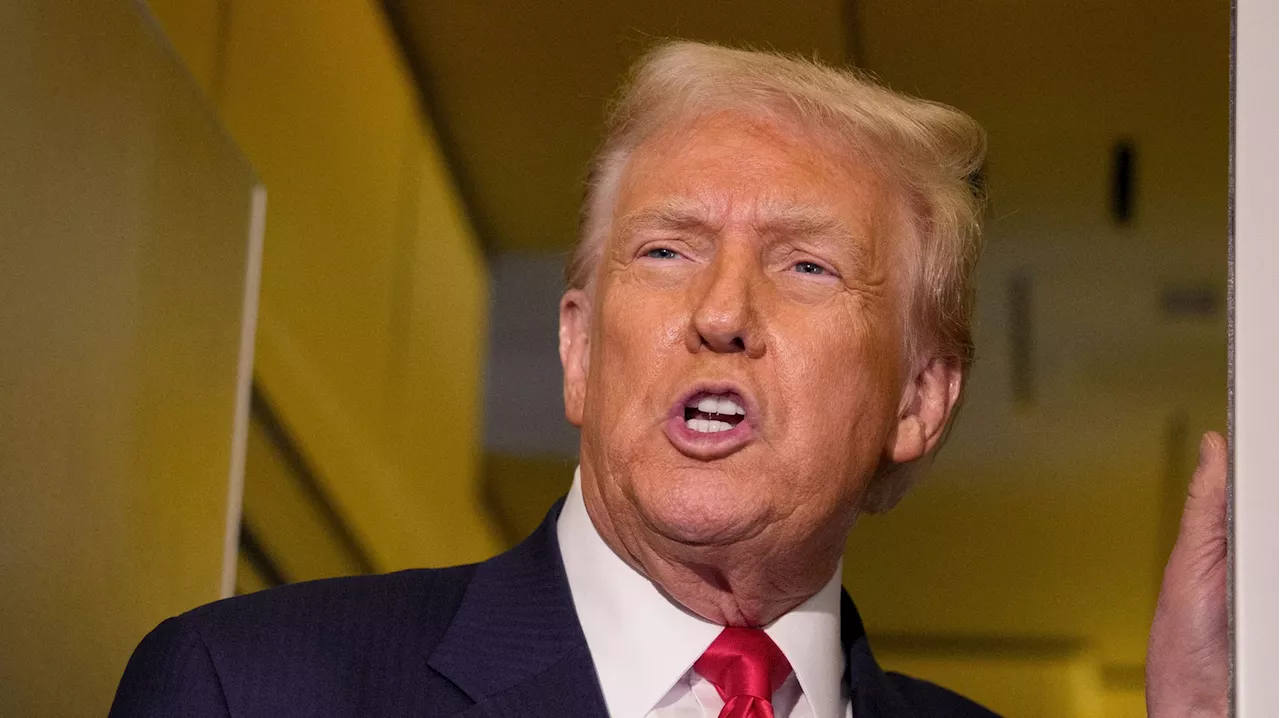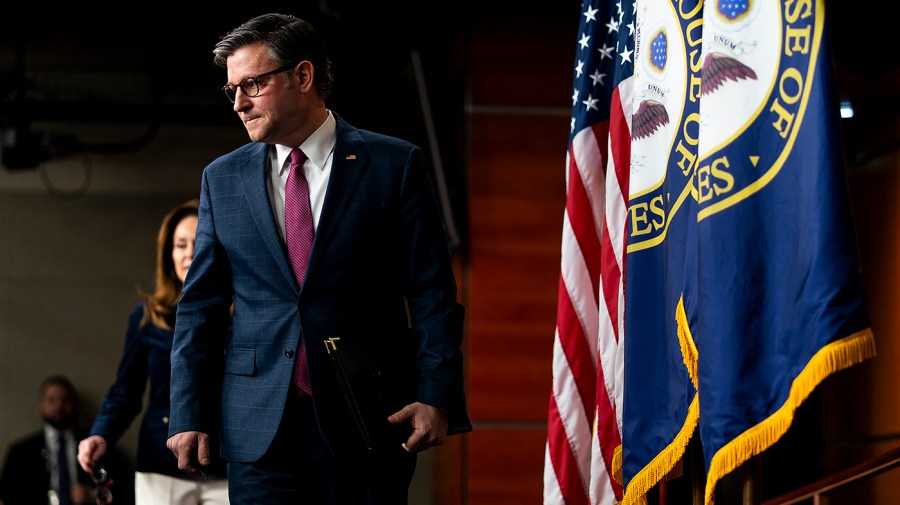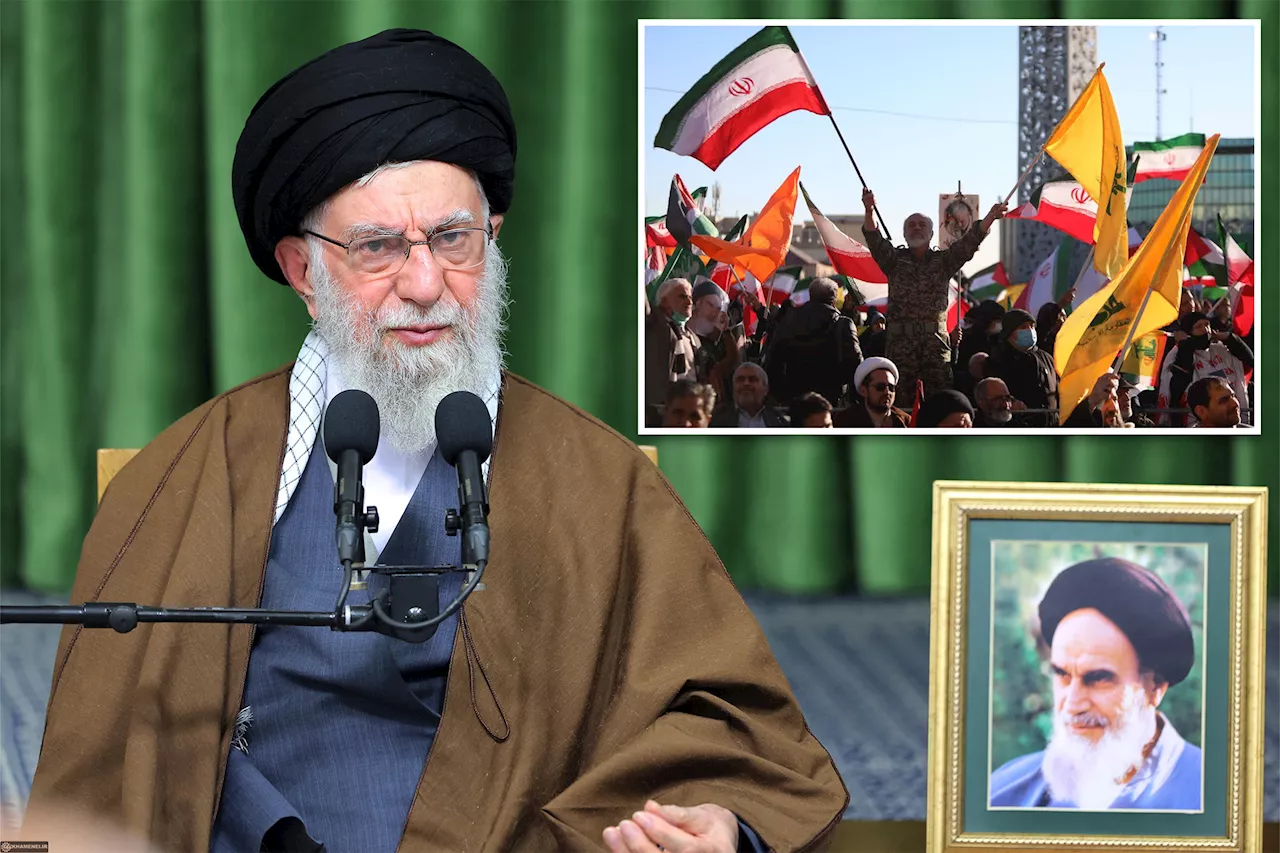A spokesperson for the Nigerian government has dismissed former President Donald Trump‘s recent military threats, asserting that his comments are merely an attempt to initiate dialogue. Trump has called for potential military action against Nigeria, citing the need to address the ongoing violence against Christians, particularly from groups like Boko Haram.
The Nigerian official emphasized that Trump’s remarks reflect a “style of going forceful in order to force a sit-down and have a conversation.” The spokesman expressed hope that a meeting between the two countries could take place “in the coming days,” indicating a willingness for diplomatic engagement despite the heightened tensions.
Trump’s remarks included a call for the U.S. military to take action against what he termed as Islamic terrorist groups. He has also designated Nigeria as a “country of particular concern,” a classification that highlights nations accused of “particularly severe violations of religious freedom.” This designation raises the stakes for Nigeria, which has faced allegations of widespread violence against Christians.
In response to suggestions of a possible genocide against Nigerian Christians, the government has firmly rejected such claims. However, the spokesperson acknowledged the serious security challenges the country faces in protecting religious freedom from terrorist threats. “It would not be diplomatically appropriate for the United States to take unilateral action without engagement and consent from the Nigerian government,” he stated.
The situation underscores the complexities of U.S.-Nigeria relations as both nations navigate the sensitive issue of religious persecution. While the Nigerian government has made strides to counter the threats posed by Boko Haram and other extremist groups, the international community remains concerned about the safety of religious minorities in the region.
As Nigeria grapples with these challenges, the discourse between the Nigerian government and the U.S. continues to evolve, with both sides recognizing the importance of constructive dialogue over unilateral military action. The coming days may prove crucial in shaping the future of U.S.-Nigeria relations and addressing the pressing issues of security and religious freedom.







